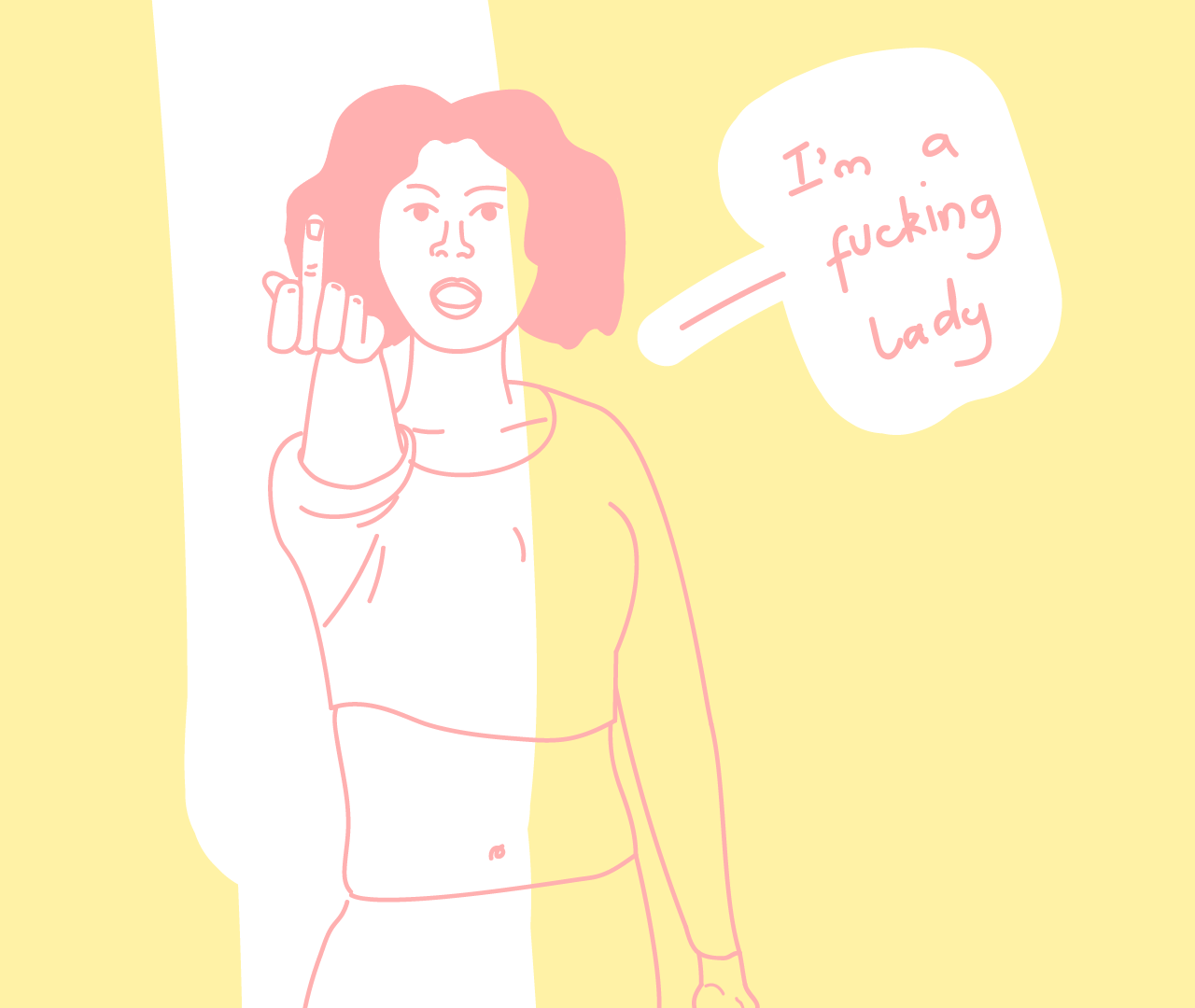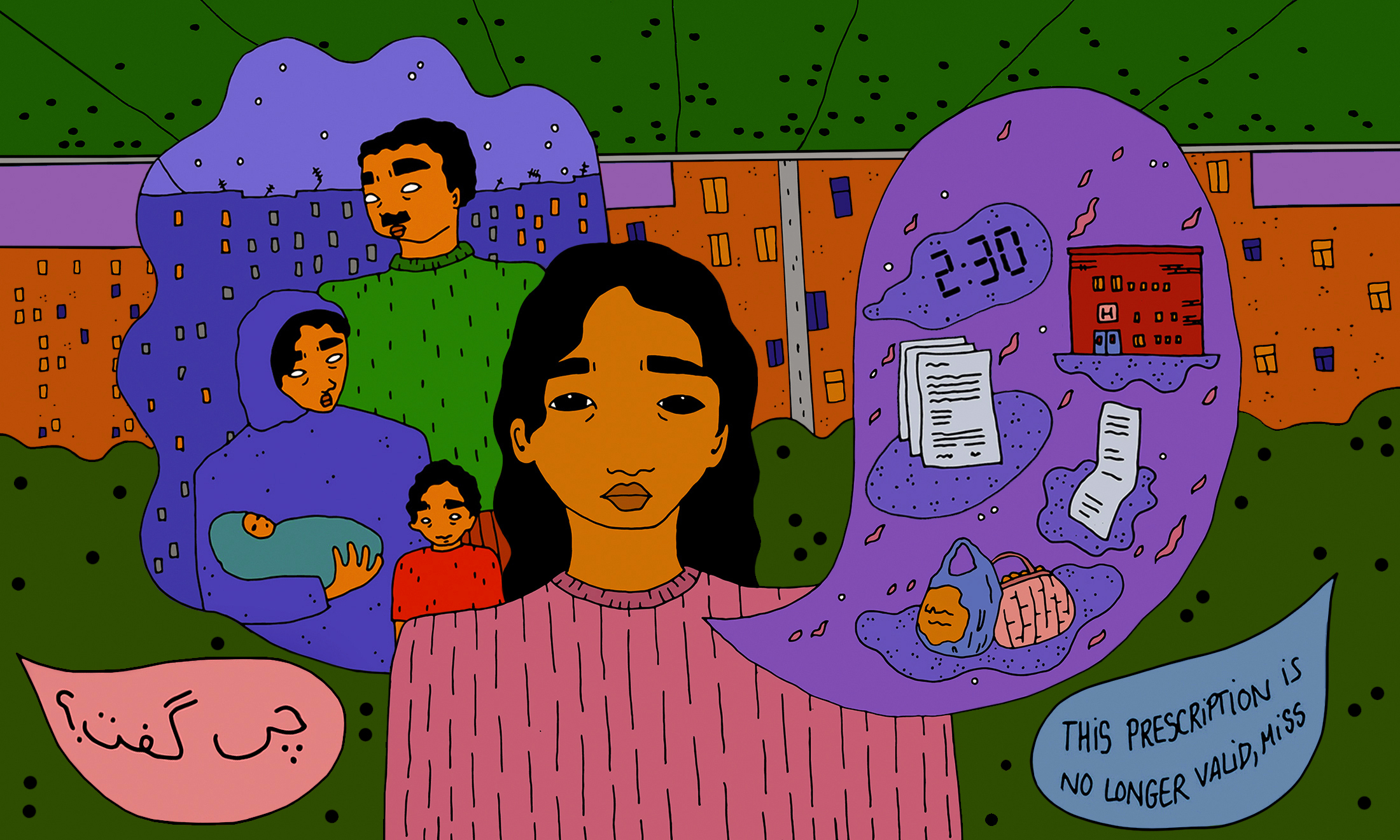
“Don’t talk like that. It’s just not attractive.”
The only time that sentence is acceptable is if one is chewing with their mouth open. But unfortunately this was not the case. The statement was made by a male friend who told me to never to talk “street” because it wasn’t attractive, ergo not fitting for girls. This wasn’t my first experience nor an incident unique to me; my female friends have also been told they shouldn’t try to sound “street” or “road”, as though only men have a monopoly over this colloquial vernacular. As though women should always appear to be attractive and appealing to men.
“In other words, this language is a boys club and girls are not welcome.”
Antony Thorne, a language consultant from King’s College says that these language divides manifest from childhood: “Use of slang is part of the identity-building and identity negotiation of young males in particular. While young females are often aware of slang and often more sensitive to its nuances, they tend to use it more assertively online and more sparingly.” In other words, this language is a boys club and girls are not welcome. “There is an expectation that girls shouldn’t cuss and swear or use the extreme sexual terminology that boys use to ‘big themselves up’ and the only way for young males to justify uncomfortable feelings towards girls using this language is to tell them it’s not sexy.”
Comments like “it’s all banter” and “we’re just having a laugh” are supposed to reassure us and make everything come off as non serious, it’s just boys being boys. But this banter can have harsher implications, especially when used to talk about women, and especially in male-only spaces. Donald Trump’s “locker room talk” is a recent example of this vile talk being legitimised as banter.
https://www.youtube.com/watch?v=8wM248Wo54U
Deborah Cameron, a linguist from Oxford University says banter downplays serious issues like sexual violence and makes it sound more benign. “Banter is fraternal patriarchy’s verbal glue. It strengthens the bonds of solidarity among male peers by excluding, othering and dehumanising women.” This banter, delivered in slang that is familiar in male groups, is their safe, masculine space in which they can talk openly about women. Having a woman invade that space spills into their territory, making them uncomfortable.
“Having a woman invade that space spills into their territory, making them uncomfortable.”
We live in a heteronormative and cisnormative society in which there are ideals imposed on bodies about “acceptable” norms and expressions of manhood and femininity. “An opinionated, well-informed woman unafraid to speak her mind and whose gender embodiment doesn’t conform to heteronormative ideals is considered ‘not attractive’ by cis men seeking a more ‘traditionally’ passive and ‘girly’ woman who doesn’t challenge the position he occupies and unrecognised privilege he enjoys,” says Laura Marshall, a PHD candidate from UCL.
Telling a man he shouldn’t speak a certain way because it’s not attractive sounds ridiculous. Or equally problematic, imagine the backlash of telling a man he shouldn’t speak like that because it isn’t masculine? If you think these are tedious or unnecessary protests then that is in itself problematic. But the fundamental issue is that by setting up a binary of language, you draw up a set of mutually exclusive rules that cannot be mixed, and humans are more complex than that; men gossip, women have banter, some women talk street, some men have never spoken street. We must be mindful of microlevels of everyday sexism and by changing perceptions of what men or women can and cannot say is a big step in deconstructing that.
So I understand that the comment made by my friend might have been a fleeting one, but there are issues underlining this kind of attitude. If a woman desires to get down with the lingo, just let her be.









